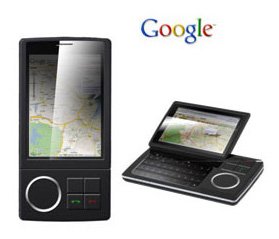Will Apple be the next SCO or the next Microsoft?


Either Apple becomes the next SCO, which ran itself aground claiming rights to Linux, or it becomes the next Microsoft, which is prospering while claiming to own Linux.
The answer depends on how hard Apple presses its case.
You can get a clue by looking at who Apple has sued. While the suit is actually about the Android operating system Google sponsors, the company has been careful to only go after one of its OEMs, a Taiwanese one at that.
That's a strike-at-the-weak strategy. You get the best deal you can with a weak player and then use that against the strong. The emphasis here is on the word weak.
On the other hand there is every indication Apple is willing to go to trial. As Larry Dignan noted last week, this could quickly put it into court against both Google and Microsoft. It would be a legal Vietnam.
Jason Perlow wrote last week about a technical cure for any problems caused by the suit -- virtualization. You can't sue what's common, and virtualization could make a fight against rivals like trying to grab clouds.
The real cost in going to trial and claiming to own the smartphone space is more subtle. Apple could become a laughing stock, as SCO did. The intent of our patent and copyright regimes is to encourage innovation, not discourage it, and seeking control of the whole smartphone market does not encourage innovation.
There are enormous public relations risks in becoming a public plaintiff in patent court. Many people will, as a result of such a suit, avoid the plaintiff's products as a way of weighing-in. This is what really happened to SCO -- its sales dried up.
Had Apple sued Google directly, I might give credence to this. SCO sued IBM. You go after the strong when you seek to run the patent table.
Could that happen to Apple? Yes, I do. At least one market researcher thinks Android sales could pass those of the iPhone in two years.
Which brings me back to Microsoft.
I have written here that the way Microsoft views its own patent efforts, like its recent agreement deal with Amazon, is as a way to take patents off the competitive table. Microsoft is using legal threats to create patent peace between it and its rivals, freeing its engineers to concentrate on creating things, not dealing with lawyers.
Apple doesn't really innovate. Apple doesn't really litigate. Apple markets.
If Apple can settle these suits under favorable terms it can also win patent peace with Microsoft. This would free it to create iPhones as the market directs, rather than within constraints of lawyers and patent rights.
That's the way I think it will play. Apple will settle. Apple is not stupid.